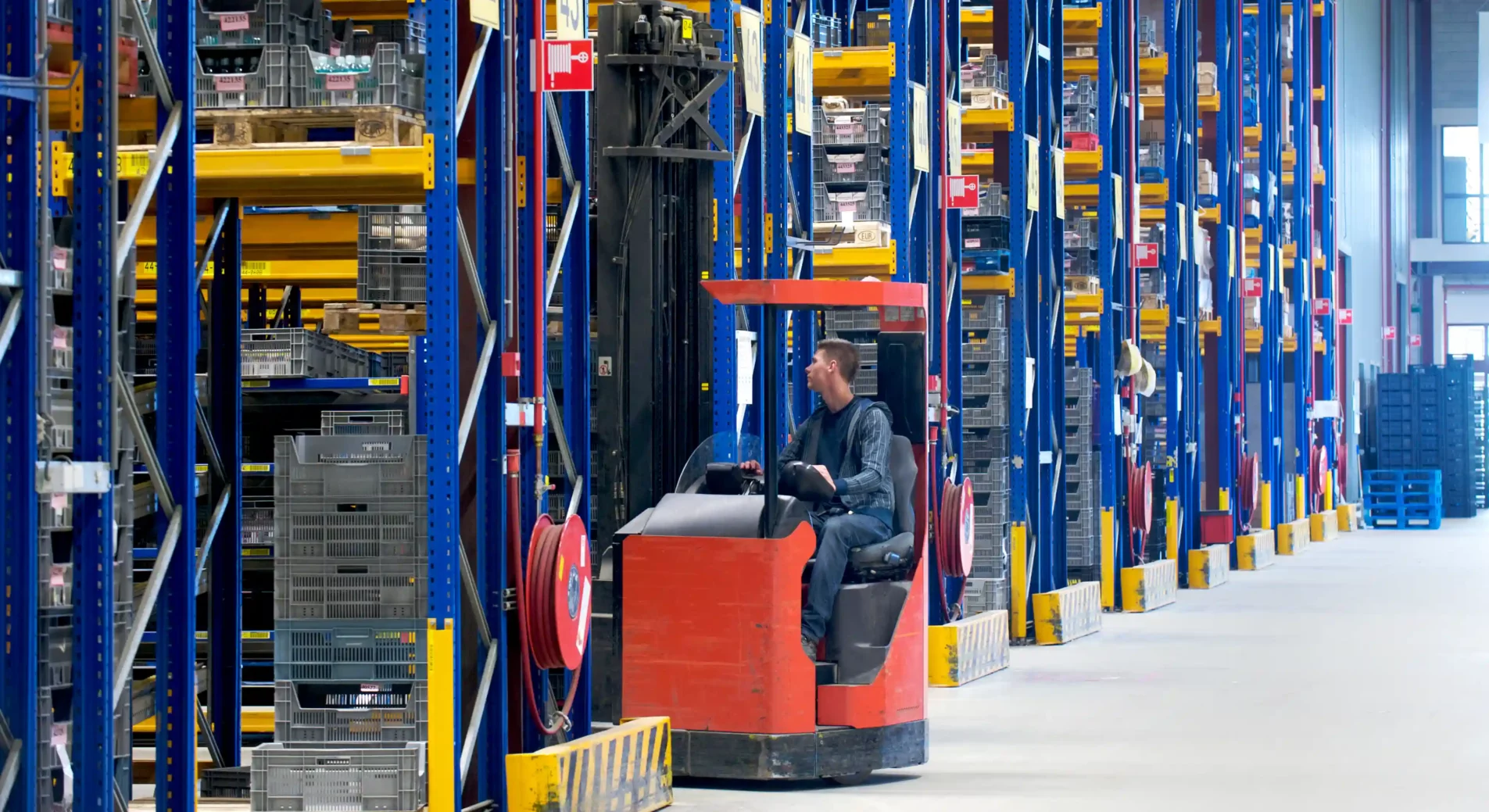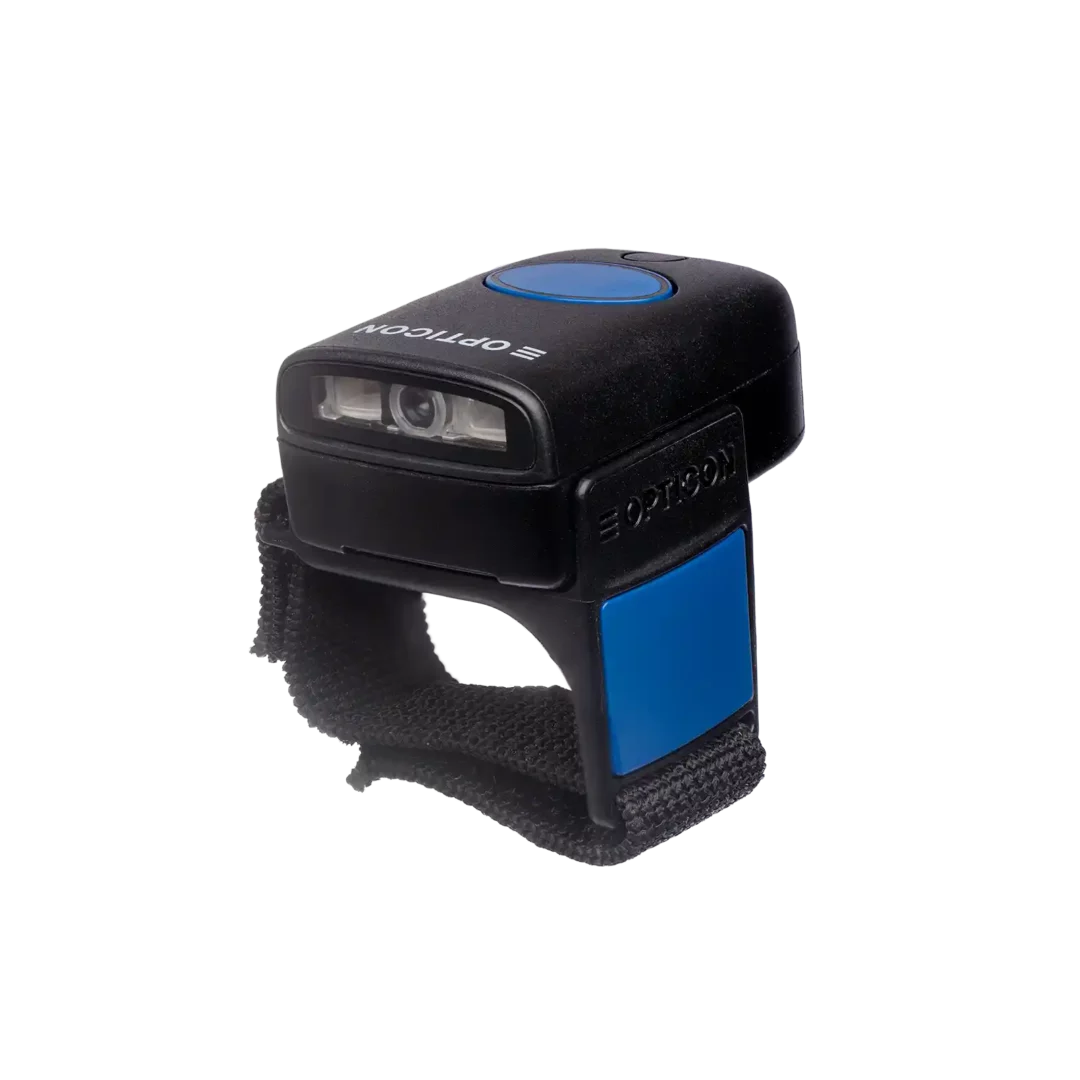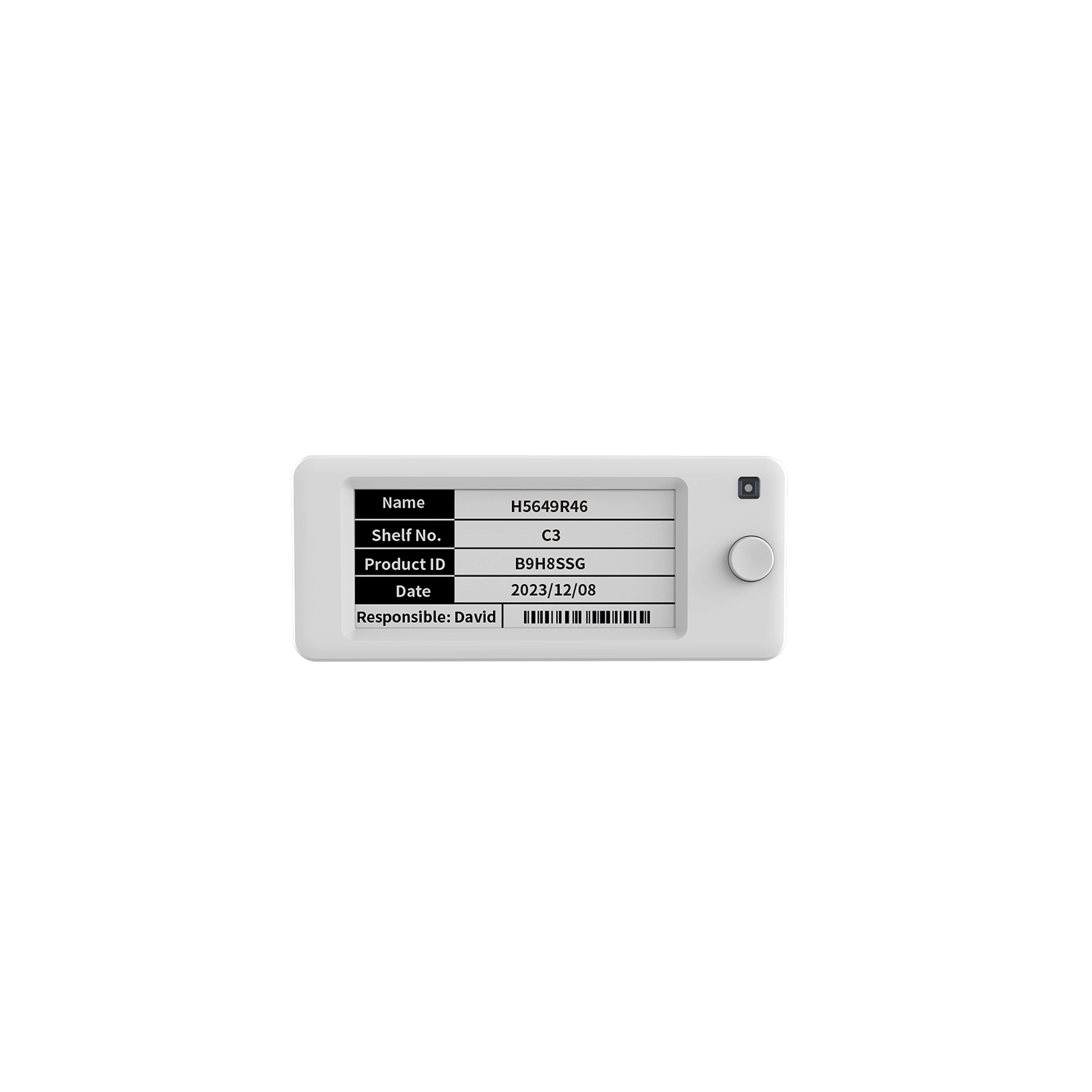Introduction
In today’s fast-paced logistics industry, efficiency, accuracy, and real-time data management are critical for maintaining competitive advantage.
Advanced scanning technologies such as handheld scanners, ring scanners, mobile computers, scan engines, and electronic shelf labels (ESL) play a crucial role in streamlining operations, reducing errors, and improving overall supply chain efficiency.
The challenges in logistics operations
Logistics and supply chain businesses face numerous challenges, including:
- Inaccurate inventory tracking leading to stock discrepancies
- Inefficient warehouse management causing delays
- Manual data entry errors slowing down fulfillment
- Increased operational costs due to outdated technologies
- Demand for real-time data access and automation
How scanning technologies enhance logistics
To address these challenges, businesses are adopting advanced scanning solutions that improve productivity and optimize workflows.
Below are key scanning technologies and their benefits:

Handheld Scanner
- Enable quick and accurate barcode scanning for inventory and shipments
- Reduce human errors in manual data entry
- Improve order fulfillment speed and warehouse efficiency
- Easy installation

Mobile Computer
- Integrate scanning with computing power for
- real-time data processing
- Enable on-the-go logistics management with wireless connectivity
- Improve accuracy in asset tracking and route optimization
Benefits of Implementing Advanced Scanning Solutions
- Increased Efficiency: Streamlined workflows and faster order processing
- Enhanced Accuracy: Minimized human errors and improved data reliability
- Cost Savings: Reduction in labor costs and improved resource utilization
- Real-Time Visibility: Access to live inventory and shipment tracking data
- Scalability: Adaptable to business growth and evolving logistics demands

How ESL enhances logistics
Electronic Shelf Labels (ESL) significantly contribute to logistics optimization by providing real-time inventory and pricing updates. With ESL, warehouses and distribution centers can reduce manual labeling efforts, minimize errors, and streamline inventory management. These digital labels ensure that stock levels are accurately reflected, preventing overselling or stockouts. Additionally, ESL technology enhances transparency and coordination between suppliers, warehouses, and retailers, ensuring smooth operations and better demand forecasting.
Electronic Shelf Labels
- Automate price and inventory updates in real time
- Reduce the risk of mislabeling and stock discrepancies
- Improve visibility across retail and warehouse operations
- Pick-to-light and pick-to-display options
Opticon ESL
- Compact and lightweight design for prolonged use
- Wireless connectivity options for seamless data transmission
- High-speed scanning capability for rapid barcode recognition
- Durable construction suitable for rugged environments
Benefits of implementing esl solutions
Real-Time Updates
Ensure accurate inventory levels and prevent stock discrepancies
Labor Savings
Reduce manual labeling efforts and free up workforce for other tasks
Enhanced Accuracy
Minimize pricing errors and mislabeling issues
Improved Coordination
Enable better synchronization between suppliers, warehouses, and retailers
Sustainability
Reduce paper waste and contribute to an eco-friendly logistics process
Faster order picking
Using Pick-to-light and pick-to-display applications


Investing in cutting-edge scanning technologies is essential for modern logistics businesses looking to enhance operational efficiency and stay competitive. By leveraging scanning and ESL solutions, companies can achieve greater accuracy, productivity, and cost savings. Implementing these technologies will pave the way for a smarter, more automated, and more reliable logistics ecosystem.
Contact
"*" indicates required fields




